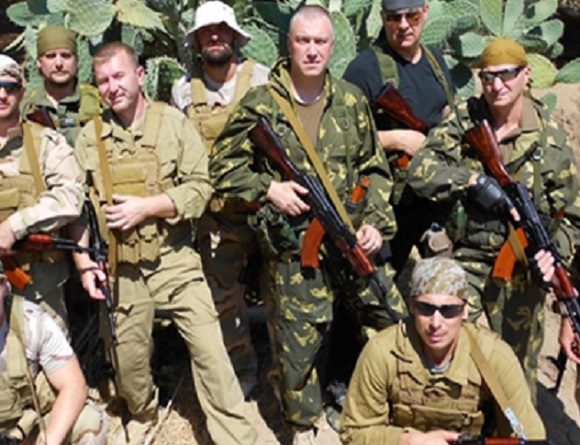Libyan Exports Down To 50,000 B/D After Latest Oil Field Seizures
The current negotiations about restarting oil production in Libya, involving officials from the Libyan National Oil Co from the East and West of the country, follow months in which the oil output of North Africa’s biggest exporter has virtually disappeared. There is now only minimal production from two minor streams in Libya, the offshore Bouri field, and the offshore al-Jurf field. These are both still in territory held by the internationally-recognized Government of National Accord in Tripoli; Bouri is producing at around 25,000 b/d and the al-Jurf output is similar. Records from the terminals show that the Libyan National Oil Co has been managing to get away a cargo each month. But all other production in Libya has now ceased, with the GNA most recently losing the El Sharara crude stream on 9 June and the Mellitah crude stream on 10 June.
The big damage to GNA came as the Libyan National Army under Khalifa Haftar swept into western Libya in January, approaching the capital Tripoli. On 18 January, LNOC in Tripoli declared force majeure on the Amna and Sirtica volumes lifted from Ras Lanuf, Mersa al Brega crude from Mersa el Brega, Zueitina and Buattifel from Zueitina, Es sider crude from the Es Sider terminal, and Sarir and Mesla crude from the Marsa el Hariga terminal; then on the 19 January it shut down the El Sharara and Mellita production following a pipeline incident near El Feel. When LNOC lifted the force majeure on El Sharara on 7 June, it was hurriedly forced to close the production again two days later when the oilfield assets were taken over by units of the LNA and the Wagner Group, the Russian military-contractors of the LNA. When LNOC restarted Mellitah production on 8 June, it was forced to close it again on 10 June when the Wagner group appeared on the scene near the El Feel oil field.. Although the Libyan army of the GNA, strongly backed by Turkey, has pushed Haftar’s LNA back to Sirte, where it is embattled, this has not stopped the LNA and its allies from hitting- out in other directions. According to the latest information, the Wagner group has now installed Russian anti-aircraft systems at El Feel while Haftar is planning to bypass Sirte with an attack directed at Abugrein.
Meanwhile, the force majeure declared for the Marsa el Hariga terminal at Tobruk, has wiped-out a critical revenue stream for the House of Representatives (HOC) government based in Tobruk. Shipping data acquired by Anonymous Oil Trader shows that up to mid- January, cargoes of Amna/Sarir were being loaded under a sales and revenue formula agreed with LNOC in Tripoli following talks between representatives of East and West in Malta in 2015. Previous attempt by the HOC government to sell oil for lifting out of Tobruk had failed because HOC is not internationally recognized and creditlines from banks and insurance from underwriters was not available. Perhaps surprisingly, the Russians did not step in to lift oil from Tobruk as they could; Rosneft may have been deterred by the US blacklisting of Rosneft Trading and its senior executive, Didier Casimiro, over Rosneft’s lifting of oil from US-sanctioned Venezuela.
With the GNA now stripped of nearly all production, likewise the HOC, some officials have become receptive to a backchannel dialogue with some officials in the East. Tripoli is also paying a heavy price for Turkish support. Throughout the conflict since 2014, the LNOC has remained staffed by officials from East and West and there seems to be some common ground between the local offices, most obviously the desire to avoid a conflagration in the oil patch of the Sirte basin that a Turkish-backed offensive would risk. Talks between officials of East and West, at LNOC level and above, have been in progress this week but there is no outcome as yet in sight. The HOC may want, at minimum, an agreement that grants it greater control over sales and operations. However, it is not evident the key players are ready for such a compromise; and a successful outcome to the talks will likely depend on a recognition by both sides that they cannot win on the battlefield.




